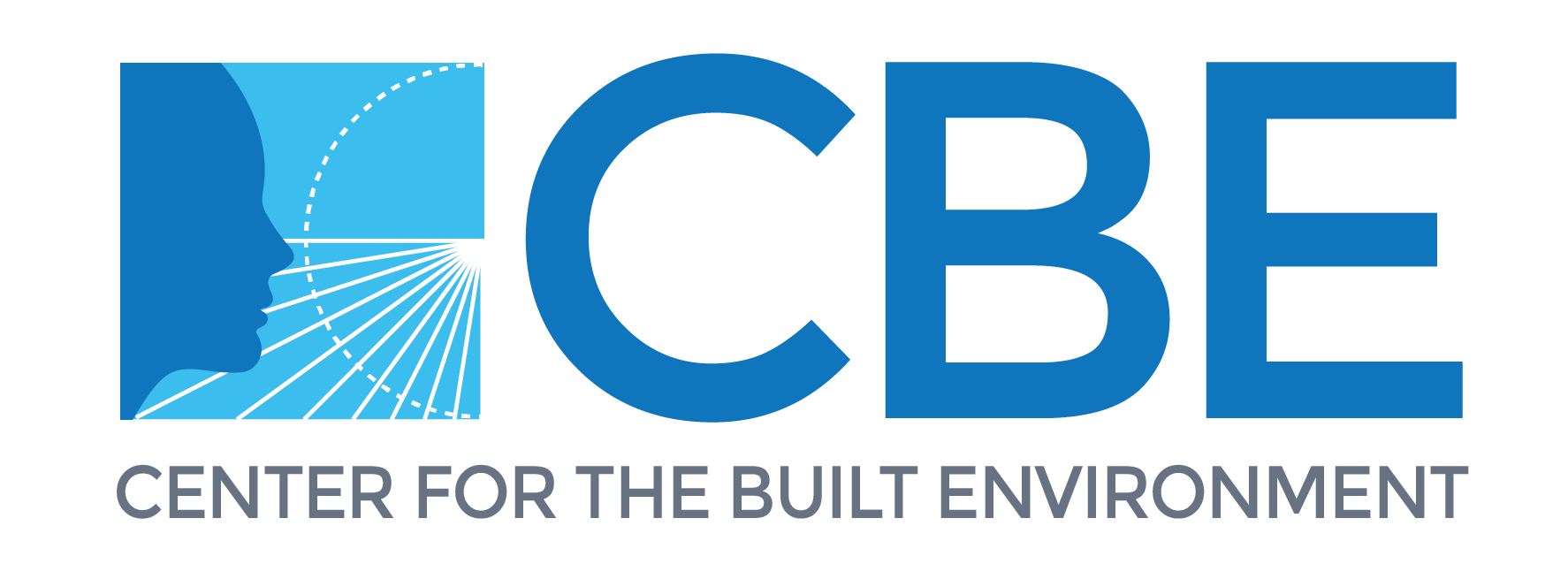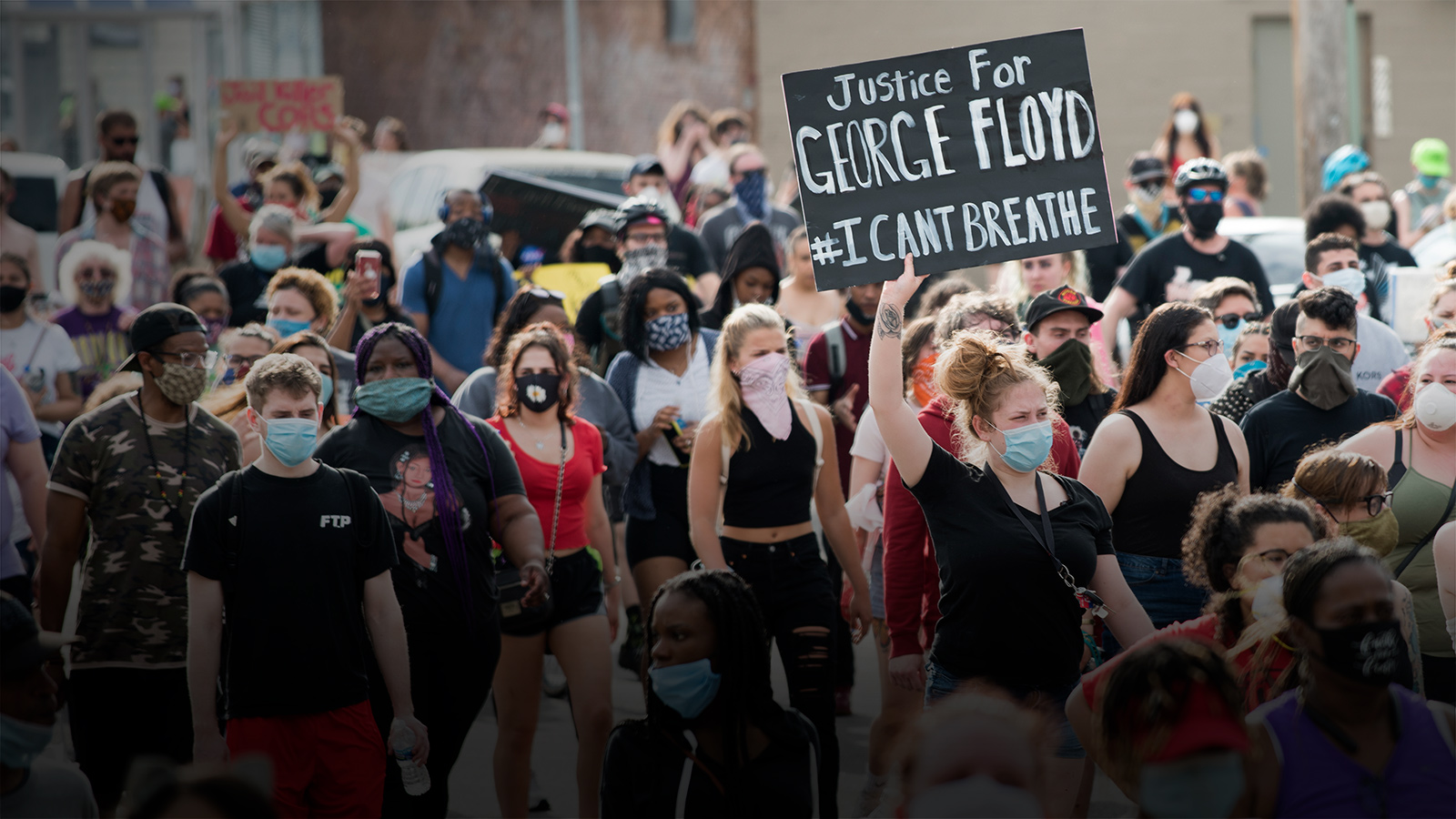We are saddened by the deaths of George Floyd, Breonna Taylor, Ahmaud Arbery and countless other innocent Black lives at the hands of police and vigilantes. These are blatant acts of police abuse and systemic racism, and we share the outrage that has been erupting in demonstrations in all 50 states and around the world.
For many sustainability professionals, we are familiar with the triple bottom line, the Three E’s of Sustainability: environment, economy and equity. While we may have made progress in the first two of these goals, this past month provided graphic reminders that we have largely failed in the third goal of creating an equitable society that offers opportunity to all.
While these recent deaths have brought renewed attention to the urgent need for police and justice reform, we know that Black, Indigenous, and other people of color also suffer from unequal access to economic opportunity, health outcomes and environmental justice. Within the arena of the built environments, the institution of redlining, practiced by real estate professions for decades, created economic and racial segregation that persists today. Unequal access to health care has been laid bare by the COVID-19 pandemic, as people of color are affected at much higher rates than other groups. And we have long known that low-income and minority communities are also exposed to more pollution and health risks due to climate change, as in the public exposure to lead in Flint, Michigan’s water system. These problems are inextricably linked, as research shows that people with higher levels of racial prejudice are less likely to believe that climate change is occurring. Acceptance of climate change is furthered by the concept of ‘sacrifice zones’ and the belief that environmental degradation will primarily impact communities that are already devalued by our society.
With these endemic problems brought to the forefront, it is incumbent on us all to work towards eliminating such inequities. We can contribute first as individuals, in our day-to-day interactions with others, by participating in civic discourse, voting, and contributing time and/or money to the many groups and organizations doing important work to combat systemic racism.
As sustainability professionals, we can catalyze change by leveraging our skills as designers, builders and planners, and by striving to diversify our profession. Many firms are already committed to providing pro bono services to underserved communities, as we described several years ago. More recently I came across a post from one of our graduates, Mallory Taub, describing her work with a group which just released a report on how to increase resiliency and mitigate the impacts of extreme heat in New York City’s most vulnerable neighborhoods, disproportionately communities of color and also those being most impacted by the pandemic. This work, completed in collaboration with the non-profit Urban Design Forum and the NYC Mayor’s Office of Resiliency, demonstrates how sustainability professionals, working with NGOs and government agencies, can contribute to change.
As sustainability professionals and scientists, we know that achieving meaningful change can take time, as it has with addressing the threats of climate change, and that we will meet barriers to advancing our efforts. But the collective energy that we see now, with meaningful discussions of reforming police policy, is encouraging. Now is the time to plan and to act, over what will certainly be a long journey.
Photo by Fibonacci Blue via commons.wikimedia.org.

